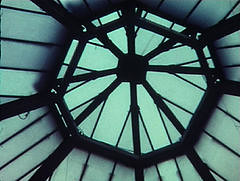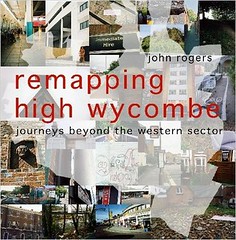S.P.B Mais's Advice for Derivers (circa 1930)
1. Go sufficiently well equipped for all contingencies. Take: heavy overcoat, pair of field glasses, camera, inch to the mile Ordnance map, Highways and Byways guide, notebook, several oranges, whisky-flask, and a volume of Cobbett or some other author who fits in with the open-air mood.
2. Stop at every inviting inn and mingle with the labourers in the ingle-nook of the tap room.
3. The countryman is friendly, communicative, witty and independent.
4. Stop and talk with every tramp.
5. Continually trespass and allow yourself to be diverted from the main path by every cross-track that lures you out of the way.
6. Never pass a church. Enjoy the beauty of the architecture and learn more about our national history.
7. There is a technique of walking - but I have never learnt it.
8. Be out of the house by 9am to avoid having to walk at a higher average rate than 3mph.
9. A walking day seems half the length of other days. It is rare for half the route to be covered before sundown.
10. There are 3 different types of walks: i) along the ridges in order to be alone, commune with the spirits of the air, and look down on humanity ii) along the river bank to trace the history of the (human/english) race iii) take to the green tracks through woods and over hills. Road walking is dead, except for stockbrokers to Brighton on 1st May.
11. The object of walking is to regain contact with the spirit of beauty; to commune with our souls and be still; to exorcise our demons.
12. Write up the day's walk as soon as it is over - for our own sake and that of other walkers.
Abridged from 'It Isn't far from London' by S.P.B Mais p.15-18 pub 1930
Note: Of course S.P.B Mais wasn't writing about the derive or psychogeography but his introduction to a book on walks around London reads like a call to arms to rediscover our humanity through walking and as a means to triumph over the forces of consumerism. He writes: "If we are surrounded by ugliness long enough, we are inclined to accept it as the natural and inevitable concomitant of industrial progress instead of a deterrent to it." And when he wrote: "The cry of the age is for distraction. Now distraction is precisely what we do not want..."
he could have been making the case against gleaming shopping malls, multiplex cinemas and bowling alleys.




0 Comments:
Post a Comment
<< Home